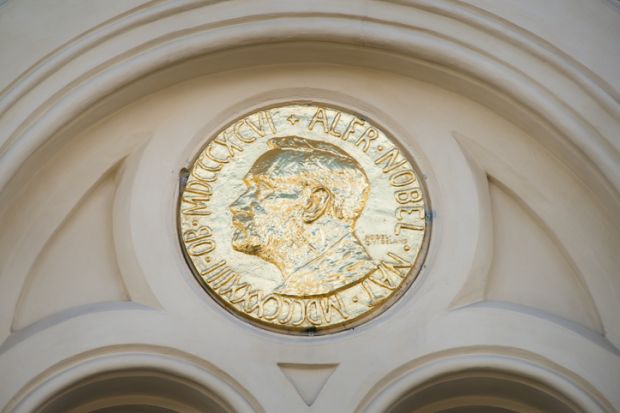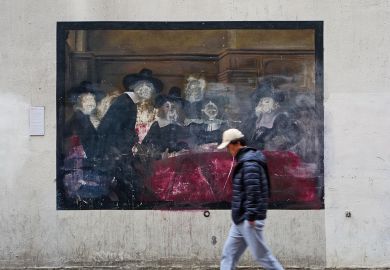Abdulrazak Gurnah, until recently a professor at the University of Kent, has been awarded the 2021 Nobel Prize in Literature.
The honour was bestowed on Professor Gurnah, who became emeritus professor of English and post-colonial literatures at Kent when he retired recently, “for his uncompromising and compassionate penetration of the effects of colonialism and the fate of the refugee in the gulf between cultures and continents”.
Professor Gurnah was born in Zanzibar and moved to the UK as a student in 1968. He earned his PhD from Kent in 1982 and was a long-serving member of the university’s School of English.
His main academic interest is in post-colonial writing and in discourses associated with colonialism. He has edited two volumes of Essays on African Writing, as well as The Cambridge Companion to Salman Rushdie.
However, he is best known for his 10 novels, of which Paradise (1994) was shortlisted for the Booker Prize for Fiction. His most recent book is Afterlives, published last year.
Karen Cox, Kent’s vice-chancellor, sent “huge congratulations” to Professor Gurnah on his “tremendous achievement”.
“Abdulrazak is a complete inspiration to all of us – as a teacher, an alumnus of Kent and as such a powerful voice in post-colonial literature,” Professor Cox said.
“His stories, some of which were first drafted in our very own Templeman Library, have touched millions worldwide and shine a light on human experiences that are so often ignored. We couldn’t be prouder of his success.”
Bashir Abu-Manneh, head of the School of English, said Professor Gurnah’s writing “epitomises our contemporary condition of displacement, violence and belonging”.
“His is the struggle for individual voice, for justice, for feeling at home in an ever-changing world,” Dr Abu-Manneh said.
“No one writing today has articulated the pains of exile and the rewards of belonging so well. Canterbury and Kent are both his exile and home.”
Register to continue
Why register?
- Registration is free and only takes a moment
- Once registered, you can read 3 articles a month
- Sign up for our newsletter
Subscribe
Or subscribe for unlimited access to:
- Unlimited access to news, views, insights & reviews
- Digital editions
- Digital access to THE’s university and college rankings analysis
Already registered or a current subscriber? Login







